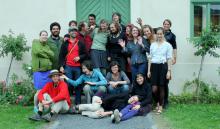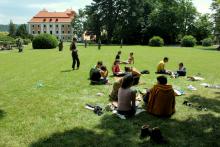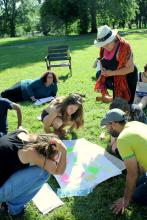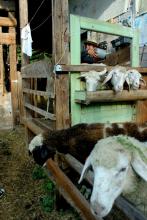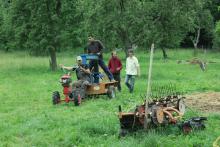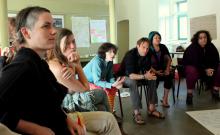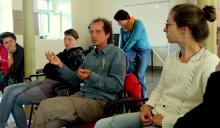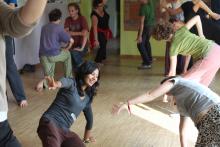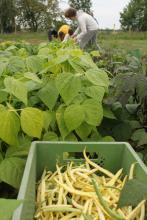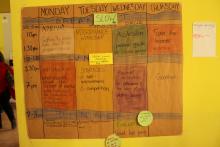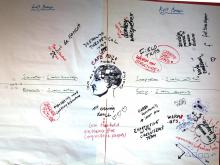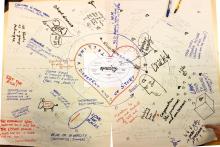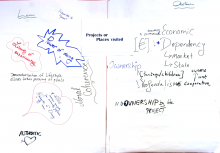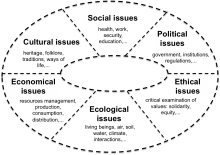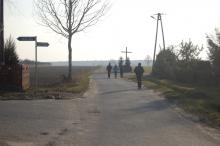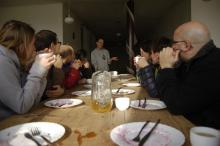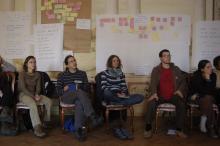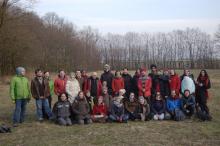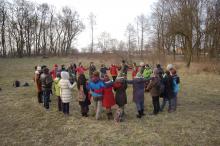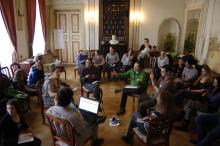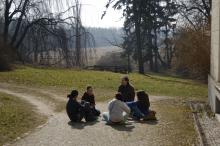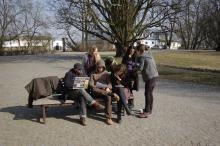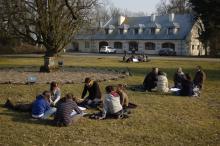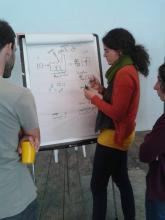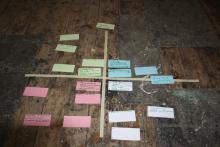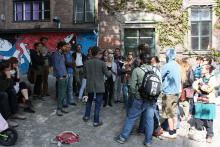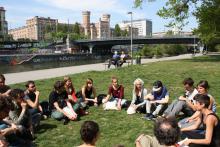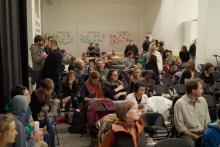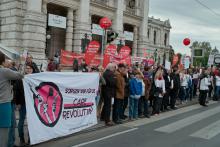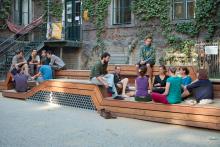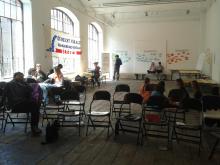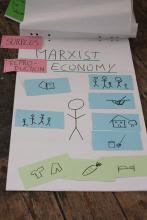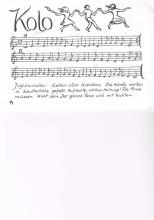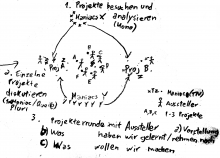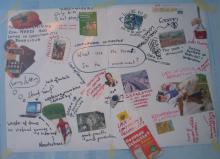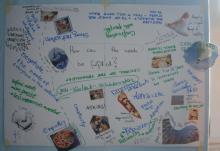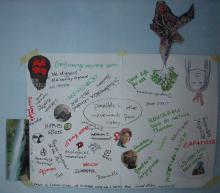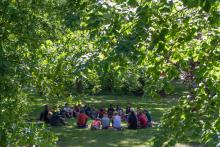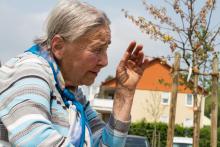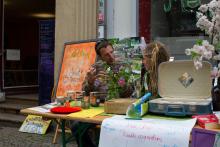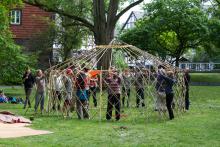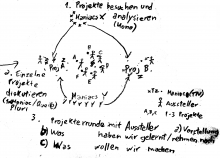An online and printed book consisting of a collection of modules and documentation of the courses happening in 8 different countries on the GROWL project during 2013 and 2015.
Degrowth theoryThis module brings theoretical binding element, enabling core theoretical and empirical knowledge on degrowth, to be articulated with the different contributed thematic modules. It works towards a good understanding and complementarity between all those that wish to promote degrowth learning from its multiple and diversified perspectives. DEVELOPMENT STATUS: In active development | ||
Degrowth and Local Economic Alternatives in the Czech RepublicAuthors: Eva Fraňková*, Nadia Johanisová*, Eva Malířová** Editing, graphics: Nikola Fousková*** & the GROWL team * Department of Environmental Studies, Faculty of Social Studies, Masaryk University, Brno, Czech Republic, http://humenv.fss.muni.cz/english, emails: eva.slunicko@centrum.cz (Eva Fraňková), johaniso@fss.muni.cz (Nadia Johanisová) ** NaZemi (OnEarth), Kounicova… more… | ||
Mental Infrastructures and Degrowth TransformationContentsMental Infrastructures: The Culture of Growth Module 1: Getting to know a concept – What are mental infrastructures of growth? more… | ||
Solidarity and cooperative economyGROWL partner ANTIGONE, in collaboration with ILIOSPOROI Network and the People’s University of Social and Solidarity Economy, organized an international Course on Solidarity and Cooperative Economy, during 1-6 October 2014, in Thessaloniki, Greece. Participants had the opportunity to get trained as trainers on concepts such as degrowth and solidarity - cooperative economy, through theoretical lectures, participatory workshops, interactive showcases, plenary sessions and open space debates. | ||
A training on the social dimension of agroecologyChapter authored by by F. Gillet and M. Terzo, Haute Ecole de Bruxelles, Belgium
Agroecology is in the same time a large panel of techniques (local agriculture, organic-agriculture, permaculture, resilient agriculture ….), a critical look on those techniques with a theoretical reflexion on political, economical, cultural, social, ecological, human … levels and at the end also a philosophy that could be simply summarized as “an art of connecting and balancing agricultural activities and their ecological… more… | ||
Degrowth & Agriculture – Resilient food production and distributionABOUT THE COURSE: The focus of our course was to explore the relation between degrowth and agriculture. Starting with an introduction to the current state of things - the ever-expanding industrial agriculture, then field visits to farms in the region, and finally a critical analysis of existing alternatives. To achieve this the course had to happen as close as possible to our area of interest and away from the city. We wanted the participants to experience a part of the Masovian country-side. Not a select group of organic farms and engaged activist-farmers but the…more… | ||
Work in a solidary degrowth society
Why „work“?What is work? In our present society work is very strongly associated with wage labor or employment. Work is what somebody agrees to pay you for. But is this so? What is with all the activities that are essential for the well being of all. Why is are activities sometimes paid for and sometimes not? Care? Education? Cooking? Love? Friendship? Nature? Some activities that are labled as work (and well paid) seem to be meaningless, even socially or environmentally destructive. Why is this so and who decides about this this? These questions,… more… | ||
Course documentation Witzenhausen for GROWL Book | ||
Degrowth Public PoliciesContents 1. Introduction 2. Context: Why Degrowth Public Policies? 2.1 Roles 2.2 Instruments 2.3 Principles 2.4 The Other 2.5 Decision Making Processes 3. Final Remarks: Descaling public policies?
IntroductionDegrowth movement claims for a society that is not driven by consumerist ideals (one where growth of production is needed to satisfy ever-growing consumption levels and public policies are used in order to support this purpose). Instead, it advocates for broader considerations of well being (that may not be… more… | ||
- 1816 reads


